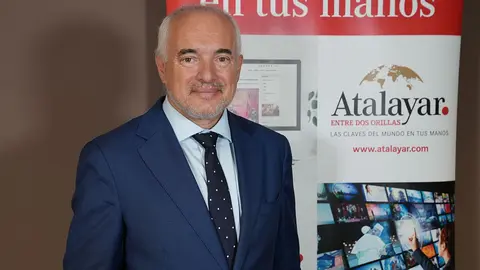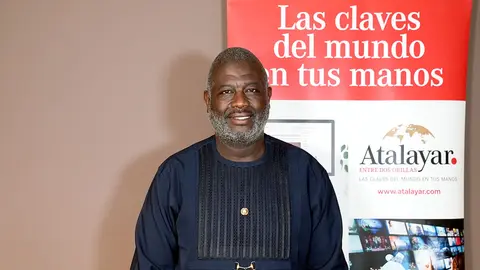Rosa Cañadas: "We want Spanish businesswomen to lose their fear of setting up in Morocco"
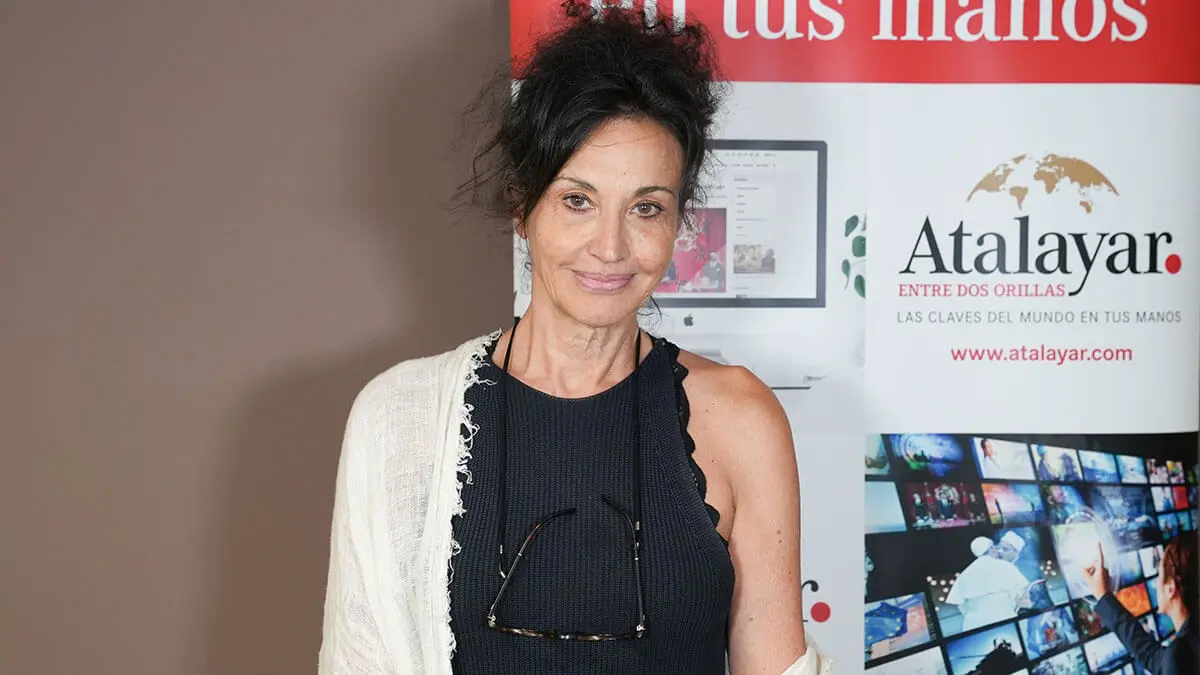
Barcelona hosted a new edition of the Africa Spain Business Summit with the aim of analysing the economic and commercial relations between Africa and Europe, especially Spain.
Atalayar had the honour of speaking with Rosa Cañadas, founder and president of the Tanja Foundation, who was one of those in charge of closing the forum, participating in the round table dedicated to analysing trade relations between Spain and Morocco.
This time last year we had the opportunity to interview you at the first edition of the Africa Spain Business Summit. What is your assessment of these 365 days? What has changed?
Well, I think we are talking more and more about Africa, but we are moving forward slowly, shall we say.
It also took us a long time to begin to see Morocco as a partner and now we are its leading trading partner and, in fact, we will probably be the leading investor this year as well, ahead of France. Therefore, these are issues that are moving slowly, because there is a great lack of knowledge about everything that is happening in Africa, and I believe that there are some very erroneous perceptions that we have to work on, and this takes time.
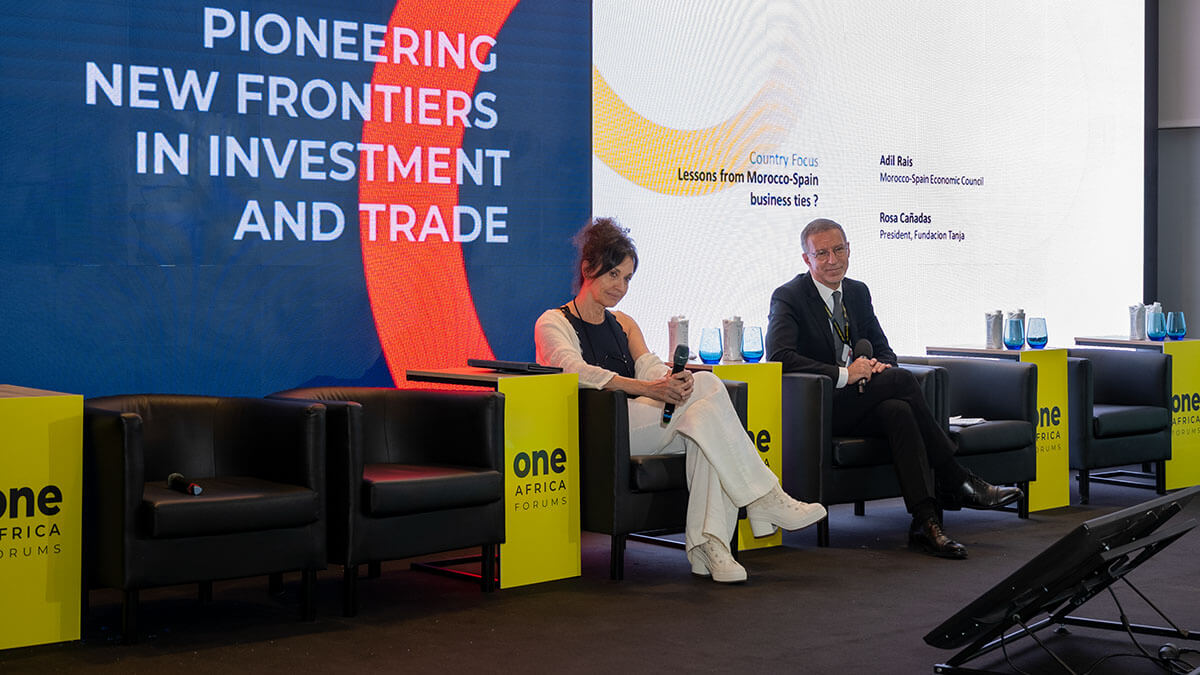
The foundation you direct focuses on two strategic points in Europe and Africa, Spain and Morocco, which are the gateway between the two continents. What initiatives are you carrying out to promote business relations between the two countries, taking advantage of the good moment in diplomatic relations?
We are always working on the relationship between the two countries, because I believe that one of the most important things is to create complicity between businessmen from one country and the other. But now we have a specific programme, because we have seen that there are very few Spanish businesswomen in Morocco.
Therefore, what we want to do is to make them lose their fear of settling there, because they think that culture or religion limits what they can do. And that's not true, because Morocco is very supportive of women and giving them a lot of visibility. Therefore, we have created a programme called NetMe, which is a networking and mentoring programme between Spanish and Moroccan businesswomen.
In fact, we are seeing more and more women in positions of responsibility in the Moroccan administration, in business. There is an increasing presence of women. This is a favourable point and a point to encourage businesswomen, in this case, to have a greater presence there.
Absolutely. In recent years there has been very important work done so that women have, as I said, this visibility, so that they have access to more and more important positions.
We see that for the first time we have a female Minister of Economy. The president of the equivalent of the National Securities Market Commission is also a woman. I think a lot of progress is being made. In fact, there is now going to be a change again in the Mudawana, which is the law that governs the Family Code, precisely to give more power to women. So I think Morocco is moving in the right direction in this regard.
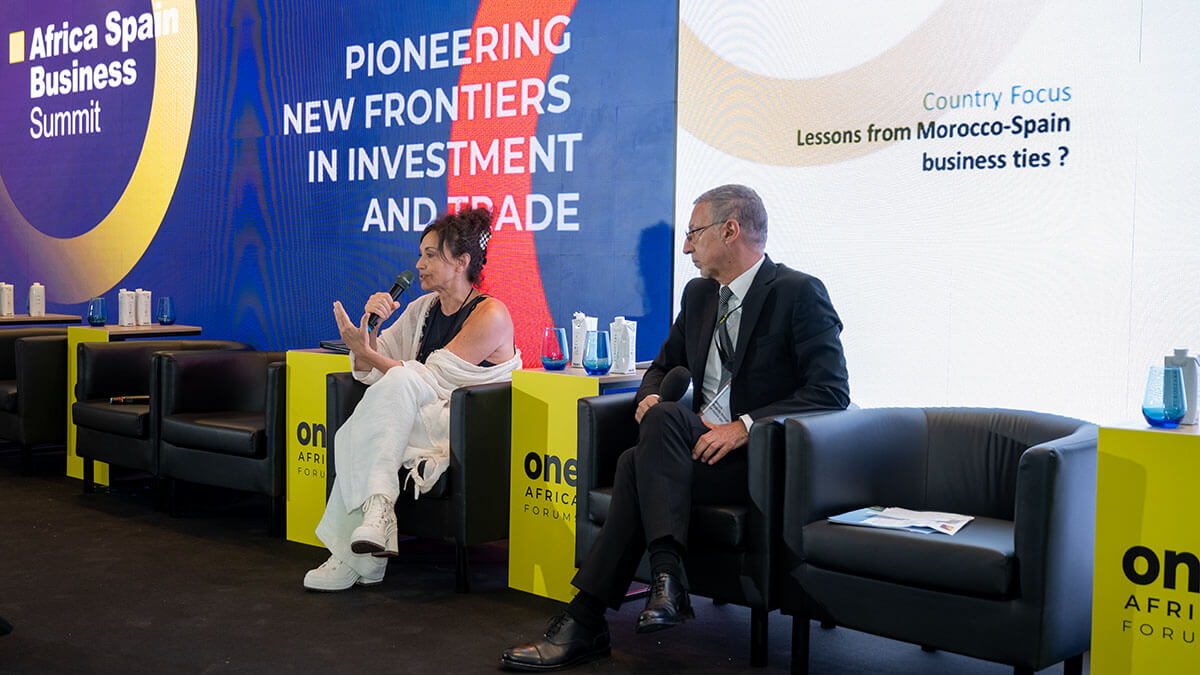
And looking to the future, in the first question you asked earlier, you took stock of what has been done since last year's summit until this one. What are the challenges for the future, the main points to be faced and which will be addressed, we imagine, in a third edition of this Africa Spain Business Summit?
We have many challenges. We have a major challenge with Africa, and that is that in 2050 there will be 2,500 million people and we will be 700 million. If this is managed well, growth could be exponential in Africa and it could also lead to consumption soaring and this will also make the economy work better and there will be a lot of interest from foreign companies in setting up in Africa.
I think we have to work a lot on the issue of perceptions, of making known all these changes that are taking place at the level of democratisation, at the level of all the projects that are being carried out. And I believe that this is where we have to have an impact. We also have to insist on the media, and I know that you in Atalayar do a great job in this sense of making the reality known, but Africa is little present in the media if not for negative things. Therefore, I believe that we have to work on both sides, to present, to show, to demonstrate that we are really making a lot of progress and that there are many opportunities.
Precisely what has been discussed these days in various presentations at the forum on the perception of risk that exists in African countries, which often stems from a lack of knowledge, a lack of presence on the ground.
This is something I always say: I do not understand why there is this fear, this perception of risk towards African companies when there was none towards Latin American companies in the 1990s. And I think the risks were greater in those years than they are in African countries.

